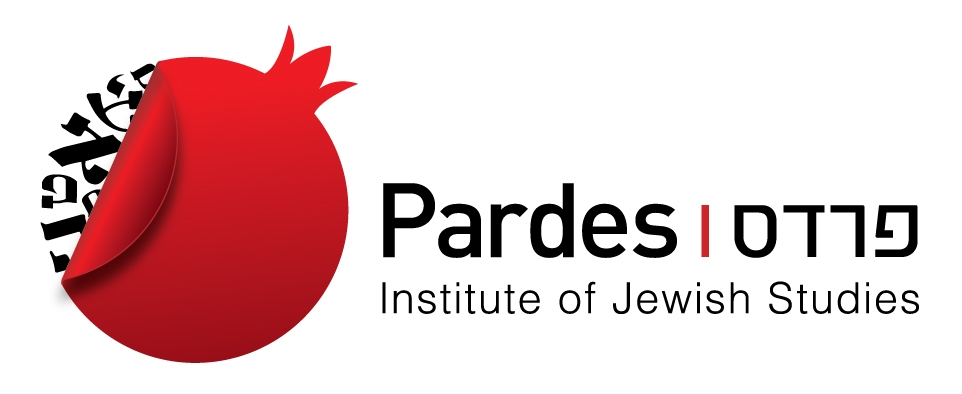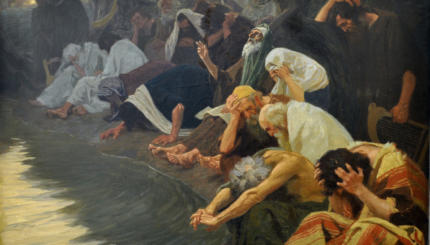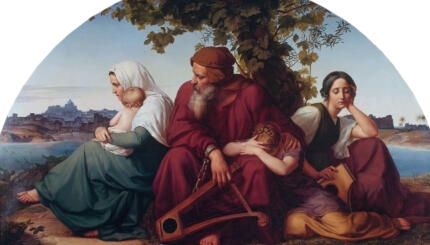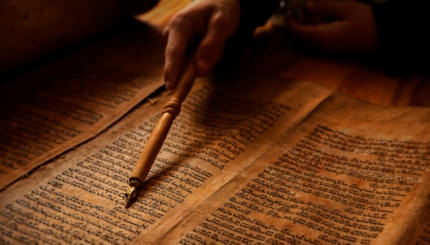Commentary on Parashat Emor, Leviticus 21:1 - 24:23
Questions
1. The priests were not allowed to defile themselves by coming in contact with dead bodies. What were the exceptions to this rule?
2. Whom is a priest forbidden to marry?3. What is the first holy day mentioned in the parashah?
4. Which holiday takes place in the first month?
5. When a farmer reaped his harvest, he was required to leave certain portions for the poor. What were they?
6. Besides the poor, for whom were the corner and the gleanings left?
7. Who was purported to be the father of the blasphemer? What was his mother’s name and of which tribe was she?
8. Who decreed the punishment for the blasphemer, and who carried it out?
9. In this parashah there is a famous saying used today for punishment; an eye for eye, a tooth for tooth, and what else?
10. Upon coming into the land and reaping the harvest, we are commanded to take the first fruits of the harvest to the priest for a wave offering. This was the harvest of what?
11. According to Ezekiel in this week’s haftarah, when the priests come into the inner court, what was the fabric of their clothes, and what physical condition were they to avoid at all costs?
Answers
1. A priest was allowed to come in contact with the dead body of his mother, father, son, daughter, brother, unmarried sister, wife, or a friendless person (21:1-3).
2. A priest is forbidden to marry a divorced woman, harlot, widow, or profaned woman (daughter of a forbidden marriage contracted by a priest, or a woman who had already entered into a marriage forbidden to a priest) (21:7, 13-14).
3. The first holy day mentioned in the parashah is Shabbat (23:3).
4. Passover takes place in the first month (23:5).
5. The farmer was required to leave part of the corner of the field and the gleanings (23:22).
6. They were also left for the stranger (23:22).
7. The blasphemer was purported to have been the son of the Egyptian that Moses killed. His mother was Shelomith, and she was from the tribe of Dan (24:11).
8. God decreed the punishment and the whole congregation carried it out (24:13-14).
9. A “breach for breach” is also mentioned (24:20).
10. The harvest of barley (23:20).
11. The fabric of their clothing was linen and they should avoid sweating (Ezekiel 44:17-18).
Provided by the Pardes Institute of Jewish Studies.
Torah
Pronunced: TORE-uh, Origin: Hebrew, the Five Books of Moses.



